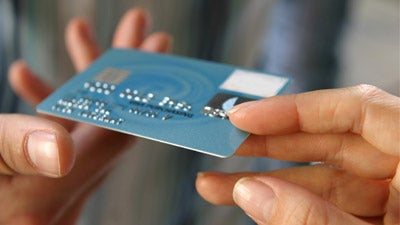
Any business that sells goods or services over the Internet and accepts electronic payments should have a merchant account. E-commerce, especially in some areas, presents certain challenges that you as an entrepreneur should be aware of. There is no need to be afraid of scammers and fishy customers; you just need to know how to deal with them correctly.
Read below to understand how to reduce risks for a high-risk merchant account and secure your business.
Protection Methods
If your business has been rated “high-risk” by banks or other service providers, it is not a sentence. With modern and flexible tools, you can significantly reduce your risk score and identify fraudsters before they take any harmful action. Here are five ways to strengthen your defenses.
1. Chargeback prevention
Chargebacks are a common business thing. Any client has the right to demand their money back for several objective reasons. However, if their percentage of the total number of payments exceeds the acceptable level, a bank or provider may impose penalties on your business. You can save yourself from chargebacks by making more detailed descriptions of services and goods on your site, organizing a reliable delivery system, and interacting with customers at every stage of the service (for example, via email or other means).
2. Fraud protection
Every year, modern crypto scammers invent new ways to deceive businesses and obtain confidential customer information. In response, merchants’ protection services offer robust data security solutions. They allow you to identify fraudulent activities and transactions at the initial stage and block them right away. So, for example, chargeback alert services almost instantly warn you about a chargeback request. Thus, if it comes from scammers, you can stop your items from shipping or take other actions to protect yourself.
3. Reliable payment gateway
A provider that offers a payment gateway should guarantee the security of all transactions. When passing through the gateway, client information (card number, secret code, etc.) should be encrypted and reliably protected from cyber-thieves. Moreover, the payment system itself should be as convenient and clear as possible for clients, and a merchant should be able to customize it depending on the specifics of their business.
4. Compliance with safety standards
There are now many security standards that can be met to ensure that your customers’ data are well-protected. For example, you should make sure that you use the TLS cryptographic protocol, which provides the secure transmission of any information over the Internet. Also, your business must be PCI DSS compliant, that is, comply with a dozen parameters that ensure the confidentiality of clients’ financial information. Besides, do not forget that 3D Secure technology allows you to quickly identify and reject fraudulent transactions.
5. Several merchant accounts
When choosing a provider of the services listed above, also pay attention to whether it offers the opportunity to open multiple merchant accounts. It may be necessary if you make a profit from different sources. This way, you will evenly distribute your income and lower risks by reducing the percentage of chargebacks.
Do Tests Regularly
Combine these methods to provide excellent protection against scammers. However, as the number of fraudulent transactions grows every year (theft of confidential information, bank cards, the use of malware, etc.), you need to always stay alert. Regularly check your site for backdoors, promptly respond to suspicious activity, and stay tuned for business and customer protection systems updates.
2433 Views












